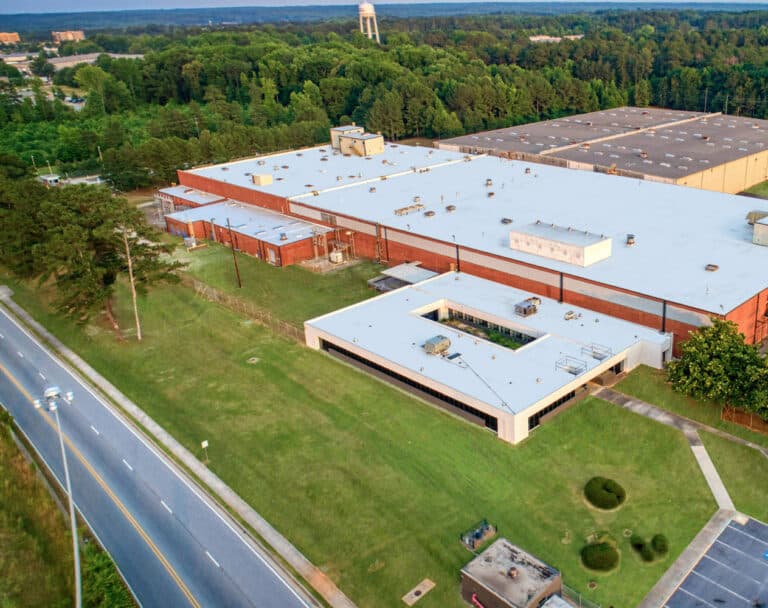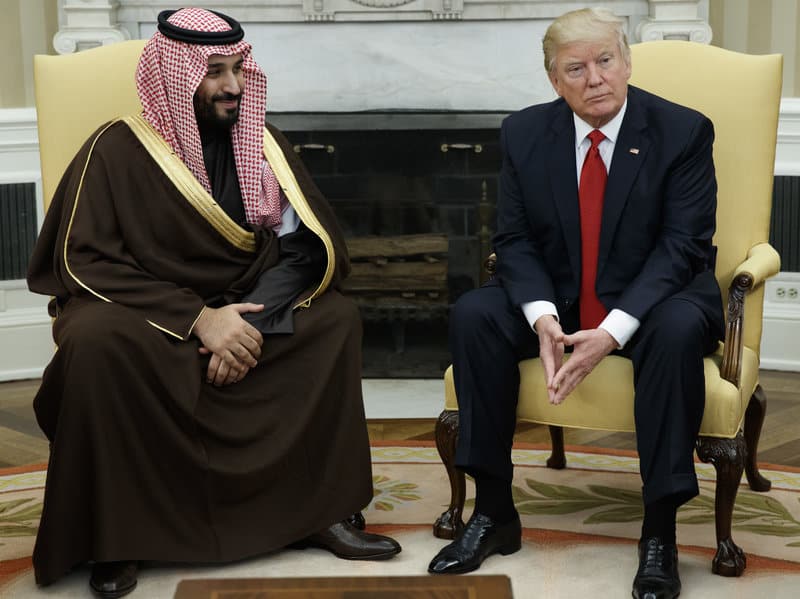
The US Department of Energy (DOE) has formally launched a US$3.16 billion grant funding opportunity for its domestic battery supply chain, the latest in a series of moves to support the sector.
The funding opportunity announcement (FOA) is made up of two parts and an approximate launch date has been known since February this year, as reported by Energy-storage.news.
‘Battery Materials Processing and Battery Manufacturing’ is the bulk of the money and will go towards projects to build, retrofit or expand battery material processing or component manufacturing and recyling facilities. The submission deadline for letters of intent (LOI) and full applications are May 27 and July 1st this year, respectively, with award negotiations expected to take place between October and April 2023.
The second, ‘Electric Drive Vehicle Battery Recycling and Second Life Applications’, will support second-life applications for EV batteries and new processes for recycling materials back into the supply chain. LOIs are due May 31 and full applications by July 19, with the same timeframe for negotiations as the previous FOA.
US Secretary of Energy Jennifer M. Granholm said: “President Biden’s historic investment in battery production and recycling will give our domestic supply chain the jolt it needs to become more secure and less reliant on other nations—strengthening our clean energy economy, creating good paying jobs, and decarbonising the transportation sector.”
The Biden administration wants to domesticate more of the global battery supply chain onto US shores as well as make EVs account for half of vehicle sales by 2030. EVs were only 8% of sales last year – 3% pure EVs and 5% hybrids – according to Reuters while the US’ percentage share of the lithium-ion battery manufacturing market is in single digits.
This FOA launch date was announced prior to the government’s recent invocation of the Cold War-era Defense Production Act (DPA) to boost the domestic battery supply chain on March 31, and is therefore unrelated. A number of sources told Energy-storage.news at the time that the DPA would only help to solve supply chain issues over the longer term.
More details on the funding opportunities can be found on the DOE’s Energy Efficiency & Renewable Energy website here. The FOA is not the only funding the DOE is providing for the country’s battery supply chain, all of which stems from the historic Bipartisan Infrastructure Deal passed in November 2021 by Congress, the legislative assembly of the federal government.
Last week, the DOE’s Loan Programs Office (LPO) committed over US$600 million for a green hydrogen storage project in Utah and a battery graphite production facility in Louisiana.
As of March, the LPO was processing over US$10 billion in loan applications for battery manufacturing plants. In the last two months, plans have been announced to build lithium-ion gigafactories for stationary energy storage by domestic startups ABF and SPARKZ as well as a Turkish company with a track record back home. In January, Battery Resourcers (since renamed Ascend Elements) announced plans to build what it claimed will be the largest lithium-ion battery recycling facility in North America.























